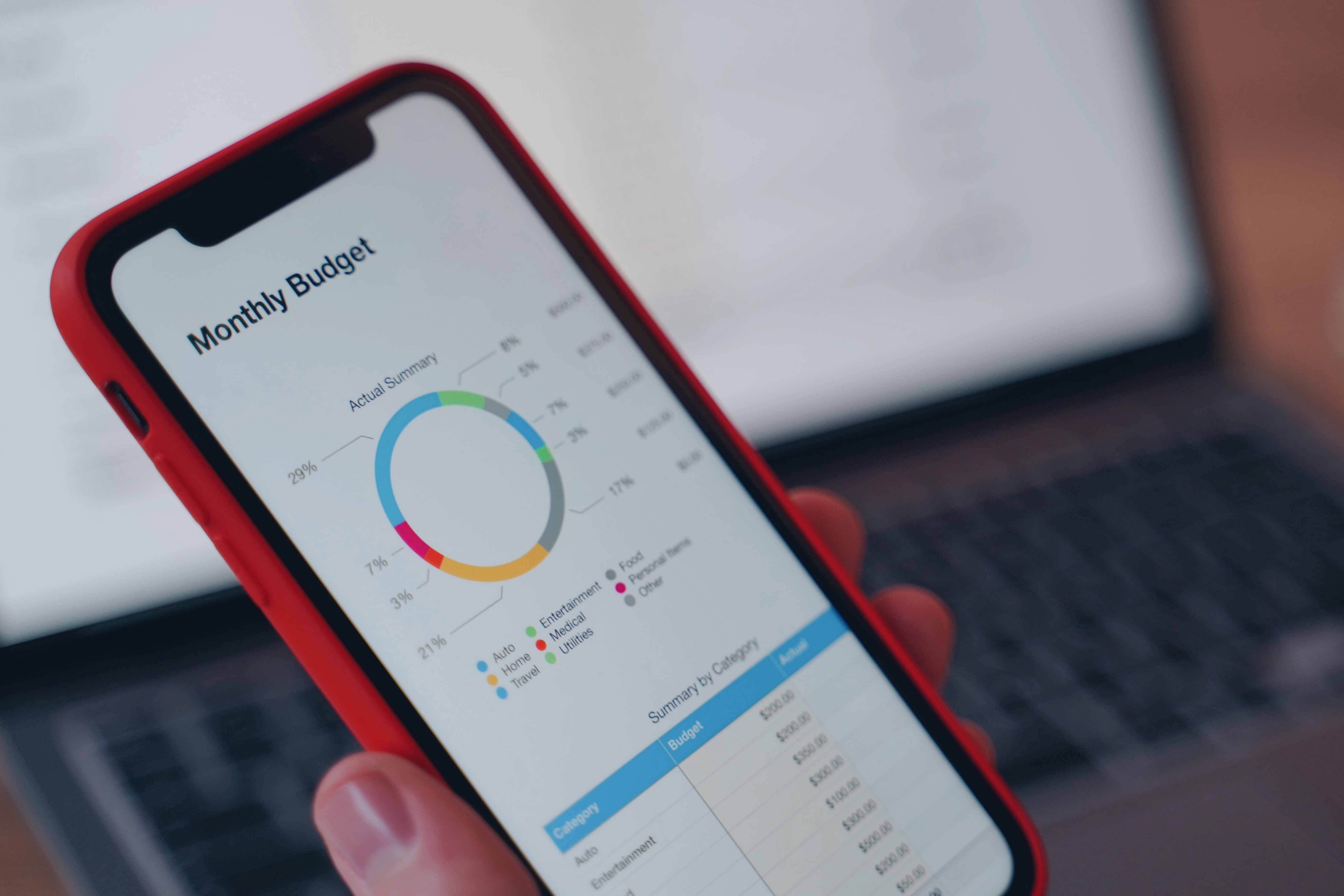Why budget planning in business is important? February 1, 2024

A budget is a financial plan that outlines a business's expected income and expenses for a specific period of time. It is an essential tool for businesses of all sizes, as it helps to ensure financial stability and profitability.
In this post, we will cover:
-
Why budget planning is important?
-
To track progress and make informed decisions.
-
To set goals and priorities.
-
To identify and manage risks.
-
To secure funding.
-
Tips for creating an effective business budget.
There are many reasons why budget planning is essential in business. Here are just a few:
-
To track progress and make informed decisions. A budget allows businesses to track their spending and income over time and identify areas where they may be overspending or underperforming. This information can then be used to make informed decisions about how to allocate resources and improve profitability.
-
To set goals and priorities. Budgeting helps businesses to set financial goals and priorities for the future. This helps ensure that the company is focused on the most important issue and that it is making the best possible use of its resources.
-
To identify and manage risks. Budgeting can help businesses to identify and manage financial risks. For example, a company may use its budget to anticipate potential downturns in sales and to develop a plan for how to deal with them.
-
To secure funding. Lenders and investors are more likely to provide funding to businesses that have a well-drafted budget in place. This is because a budget demonstrates that the firm has a good understanding of its finances and that it is managed in a responsible way.
Budget planning is a crucial process for any business. It involves creating a dynamic financial plan that estimates a company's anticipated revenue and expenses for an upcoming period. A detailed and realistic budget is one of the most essential tools for guiding your business.
Here are some tips to help you create an effective business budget:
-
Start with your revenue: Identify all your revenue sources and estimate how much you expect to earn from each source.
-
Subtract fixed costs: Fixed costs are expenses that remain constant regardless of how much you sell or produce. Examples include rent, salaries, insurance and utilities.
-
Subtract variable expenses: Variable expenses fluctuate based on how much you sell or produce. Examples include raw materials, shipping costs and sales commissions.
-
Set aside a contingency fund: Unexpected costs can arise at any time, so it's important to have a contingency fund set aside to cover them.
-
Determine your profit: Once you have subtracted all your expenses from your revenue, you will be left with your profit margin.
-
Finalise your business budget: Review your budget regularly to ensure that it remains accurate and up to date.
If you are new to business budgeting, many resources are available to help you get started. You can also join London Training for Excellence's Finance and Accounting training courses to learn skills in budget planning.
Written by London Training for Excellence Team
 All Courses
All Courses
 Accounting and Finance
Accounting and Finance Administration and Office Management
Administration and Office Management Business Administration
Business Administration Chemical Engineering
Chemical Engineering Communications and Public Relations (PR)
Communications and Public Relations (PR) Compliance and Legal
Compliance and Legal Construction Management
Construction Management Contract and Project Management
Contract and Project Management Customer Experience and Relationship Management
Customer Experience and Relationship Management Data Management and Business Intelligent
Data Management and Business Intelligent Digital Transformation
Digital Transformation Energy and Sustainability
Energy and Sustainability Health, Safety and Environment
Health, Safety and Environment Healthcare Management
Healthcare Management Hospitality & Tourism
Hospitality & Tourism Human Resources and Talent Development
Human Resources and Talent Development Industrial Manufacturing and Production
Industrial Manufacturing and Production Innovation and Artificial Intelligence (AI)
Innovation and Artificial Intelligence (AI) Leadership and Management
Leadership and Management Oil and Gas
Oil and Gas Procurement & Supply Chain Management
Procurement & Supply Chain Management Public Sector
Public Sector Quality and Productivity
Quality and Productivity Retail and E- Commerce
Retail and E- Commerce Sales and Marketing
Sales and Marketing Sports Event Management and Operations
Sports Event Management and Operations Strategy and Business Planning
Strategy and Business Planning Sustainability and CSR
Sustainability and CSR Learning Solutions
Learning Solutions
 About Us
About Us
 iLearn Blog
iLearn Blog
 Directory Calendar
Directory Calendar
 Contact Us
Contact Us
 All Courses
All Courses
 Accounting and Finance
Accounting and Finance Administration and Office Management
Administration and Office Management Business Administration
Business Administration Chemical Engineering
Chemical Engineering Communications and Public Relations (PR)
Communications and Public Relations (PR) Compliance and Legal
Compliance and Legal Construction Management
Construction Management Contract and Project Management
Contract and Project Management Customer Experience and Relationship Management
Customer Experience and Relationship Management Data Management and Business Intelligent
Data Management and Business Intelligent Digital Transformation
Digital Transformation Energy and Sustainability
Energy and Sustainability Health, Safety and Environment
Health, Safety and Environment Healthcare Management
Healthcare Management Hospitality & Tourism
Hospitality & Tourism Human Resources and Talent Development
Human Resources and Talent Development Industrial Manufacturing and Production
Industrial Manufacturing and Production Innovation and Artificial Intelligence (AI)
Innovation and Artificial Intelligence (AI) Leadership and Management
Leadership and Management Oil and Gas
Oil and Gas Procurement & Supply Chain Management
Procurement & Supply Chain Management Public Sector
Public Sector Quality and Productivity
Quality and Productivity Retail and E- Commerce
Retail and E- Commerce Sales and Marketing
Sales and Marketing Sports Event Management and Operations
Sports Event Management and Operations Strategy and Business Planning
Strategy and Business Planning Sustainability and CSR
Sustainability and CSR Learning Solutions
Learning Solutions
 About Us
About Us
 iLearn Blog
iLearn Blog Directory Calendar
Directory Calendar
 Contact Us
Contact Us















































 Course category
Course category Course Venue
Course Venue
